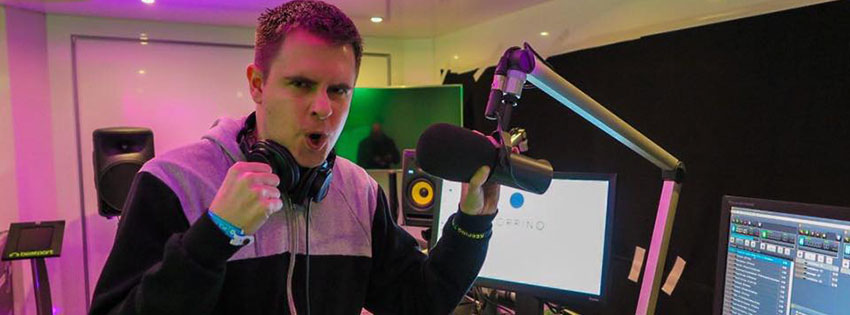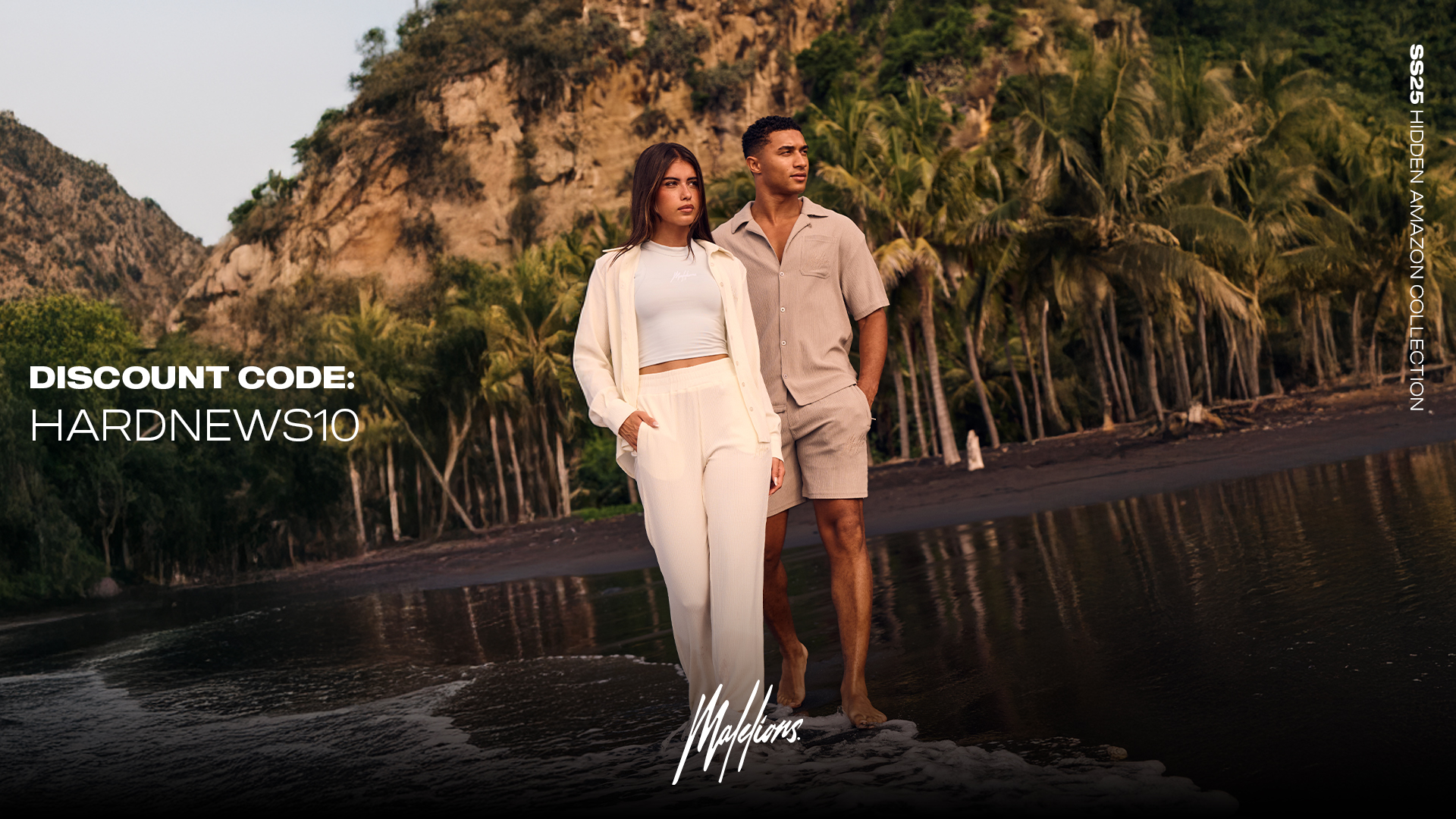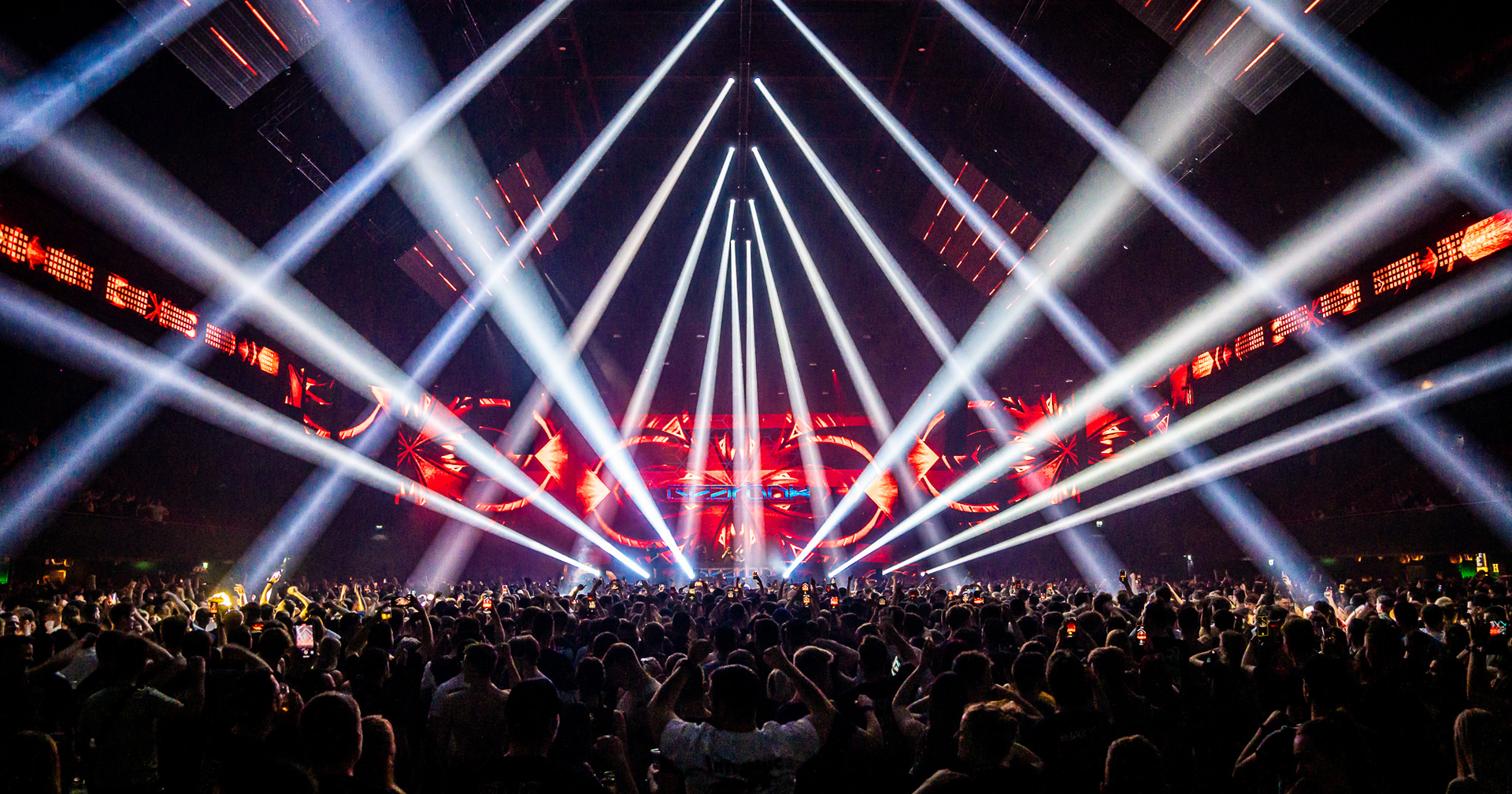Over the last 12 months there have been bursts of Twitter outrage from well established artists having their Soundcloud pages removed due to copyright violations for offences such as uploading unauthorised remixes, bootlegs, mixtapes, podcasts and alike. As some of you may be aware, my team and I decided to migrate my Keeping The Rave Alive podcast away from Soundcloud for this very same reason. After a dispute over a bootleg of an Adele track played on the show we decided to jump before we were pushed.
Firstly, I’m no expert in copyright law or technicalities of how exactly these companies operate, and to the letter of the law by playing this unauthorised remix I was breaking Soundcloud’s terms and conditions. However, I have over a decade of experience within the industry from owning and running a record label, releasing music and working for BBC radio, so I’d like to think I have a somewhat informed and valid opinion on the current situation too. I’ve also never been shy to have a rant from time to time, so here it comes…
I think the fundamental problem is Soundcloud are now enforcing their T&C (terms and conditions) to the letter of the law rather than the spirit of the law that was created to protect the artists. By me playing any track that I don’t own the copyright to, I am violating the T&C, but the greater picture is that the artists and labels are sending music to me each week to be featured on the show as they believe it is a good way to promote their music, and by being featured it will help sales rather than detract. Soundcloud has an automatic content detection system that scans the Soundcloud library and issues copyright strikes to anyone uploading material they do not own. It is possible to reverse these strikes by contacting the labels and getting written authorisation proving they have no issue with me featuring their music, but as you can imagine, this is a full time job in itself for a weekly show that usually features 40+ tracks per show. The best example is the occasions when I have had shows removed because I have featured my own productions that (again, to the letter of the law) I don’t own the copyright to because it has been signed to a label and I have had to contact the label to get permission to feature my own music!
The example above is pretty absurd by anyone’s standards, but there are more tricky issues at play too. One popular feature on my show, ’Sample Mania’ has caused us a lot of problems as in this feature we reveal where the samples on hard records come from. This includes playing a clip of the original track, followed the track that sampled it. Neither tracks are played in full and are covered in jingles and have me talking over them explaining about the sample. To me personally, this should be classed as ‘fair use’, as it’s taking a journalistic approach to our music scene and I genuinely believe no person has ever intended to purchase either track and then not done so after listening to the feature. In fact I’ve had people contact me to say they bought the album of the original artist after discovering where a sample was from. Again, technically this is violating copyright, but not the spirit of what it is intended for. The easy solution would be to just drop the feature, but I decided I don’t want to compromise the integrity of the show.
The final issue regarding unofficial remixes and bootlegs is a little harder to defend but put simply, sampling and remixing is in the DNA of dance music and Soundcloud built its user base for many years capitalising on this aspect before deciding it wouldn’t tolerate it anymore. Again, I don’t believe remixing a track and uploading it to Soundcloud is going to deter anyone from buying the original and as Soundcloud is a free service to the end user, it’s not like the remixer will be profiting from the original artists work either. I don’t think it is unreasonable to chalk this up to ‘fair use’ either, despite again, technically violating the T&C.
The problem runs deeper than Soundcloud however. As a published artist myself, I have received numerous emails from PRS (publishing body) informing me of how they are pressuring Soundcloud to change how they operate to protect me as an artist, when in fact their actions are actually hurting me much more indirectly. This whole situation is a great example of how the whole copyright system hasn’t evolved fast enough to accommodate the digital future we already live in. Innovation is happening so fast in our industry and digital media in general, yet it is still being governed by people who no longer understand the industry, enforcing rules written to protect artists as the industry was decades ago.
As with everything, it’s easy to point out flaws and problems with other peoples affairs, so here I offer the solution to the problem, and it doesn’t take a genius to figure this one out as the solution is already out there! Add pre-roll audio adverts before the selected audio plays similar to non-premium Spotify users. Keep the content detection system in place and divide the revenue between the artists detected in the track. This would also give an additional revenue stream to artist who are uploading their own music should they choose to enable it, similar to ad revenue on youtube videos. Soundcloud would take a percentage of the revenue and no doubt increase their revenue exponentially too.
YouTube went though a similar teething problem several years ago by pulling down and banning user created content that violated copyright, but they where quick to realise they were burning their own users and that there was no benefit to anyone to have it taken down. Now, if you choose to upload a mix to YouTube it will instantly be flagged for copyright violation but mostly the video remains online for people to view with pre-roll ads with the revenue divided amongst the copyrights infringed. Soundcloud has the opportunity to become the YouTube of audio, but the window of opportunity is closing fast and they seem to be opting for the exact opposite approach I proposed.
Soundcloud’s current revenue comes from ‘pro users’ paying approximately £70 a year for unlimited uploads and downloads of audio. A free account limits you to a maximum total of 2 hours of audio with unlimited streaming plays, but limited downloads. Think about this, if artists no longer use the platform for hosting downloadable mixes and radio shows, a free account would be more than sufficient for most current premium members, as 2 hours is a lot of 3 minute track clips and you wouldn’t generally enable downloads for track clips anyway. So in my humble opinion the financial future of Soundcloud’s current business model and the direction they are taking it in appears to be very shaky indeed! Such a pivot as I described above isn’t an overnight change but don’t for a second think Soundcloud have been oblivious to how people have been using their platform up until now. The bigger they got, the more pressure they would receive from the publishing bodies like PRS and this pivot should have been in the works years ago in anticipation as their current knee-jerk reaction to the situation is to delete accounts from their paying customers, that are their only source of revenue.
So what’s next? Obviously at the moment Soundcloud is a dominant platform for streaming audio. But remember when MySpace was the unstoppable juggernaut of social media? When Technics had the monopoly on the DJ equipment market? When Nintendo and Sega where the top of kids Christmas lists? History has proven time and again that no giant in any industry is too big to be toppled and when they start to push users to a place they don’t like, the users push back and there are always a plethora of rivals waiting to step into their shoes. After some thorough research we settled on Mixcloud as our new home for Keeping The Rave Alive. They operate more like a traditional radio service where they pay a radio licence fee that is divided up between the artists played, with visual banner ads and additional premium services as their revenue stream. This platform isn’t completely without it’s problems and minor inconveniences, as copyright rules dictate the track list can only be displayed as a mix is being played and no more than 4 tracks from any artist should feature in one show / mix, with no more than 3 played consecutively. However as Soundcloud capitalised on building a huge user-base by not enforcing their own policies and are now under pressure for it and are punishing the end user for it, Mixcloud seem to have a solid, sustainable business model that is overall fit for purpose and the dialogue with their users and publishing bodies of how they can make the system more beneficial to all parties, has a very positive vibe going forward.
I sincerely hope that Soundcloud do find sustainable solutions to the problems above. As with YouTube, at first there were huge copyright violations taking place unmonitored, then extreme measures were put into place, making the platform no longer usable for what it’s intended purpose was, shortly followed by a predominantly happy medium where all parties mutually benefited. It feels like Soundcloud have been enforcing the second step of the YouTube evolution for some time now which is disappointing considering the road map is already there for them to follow. Let’s hope they get back on track before they become the MySpace of digital streaming platforms.






